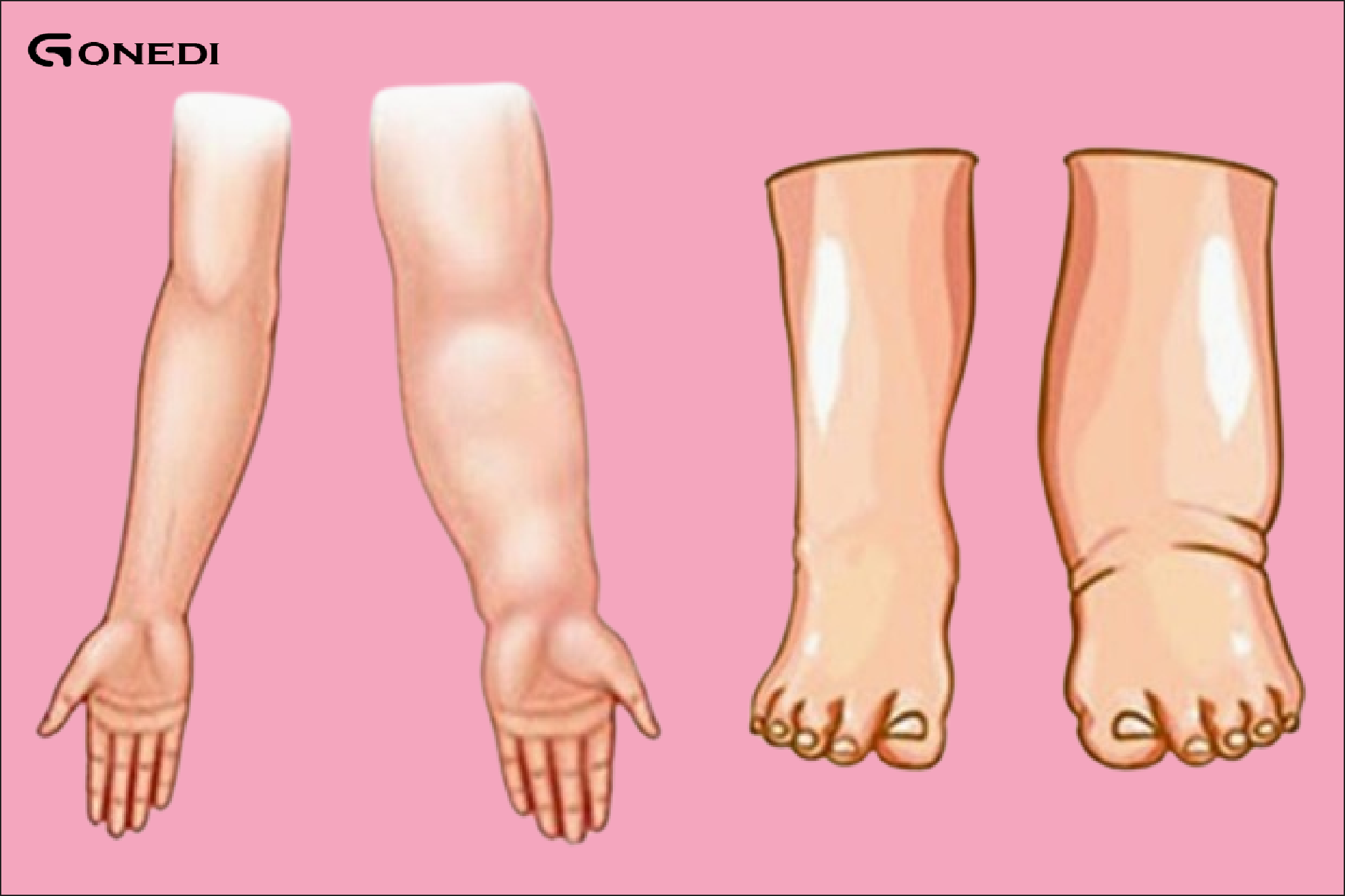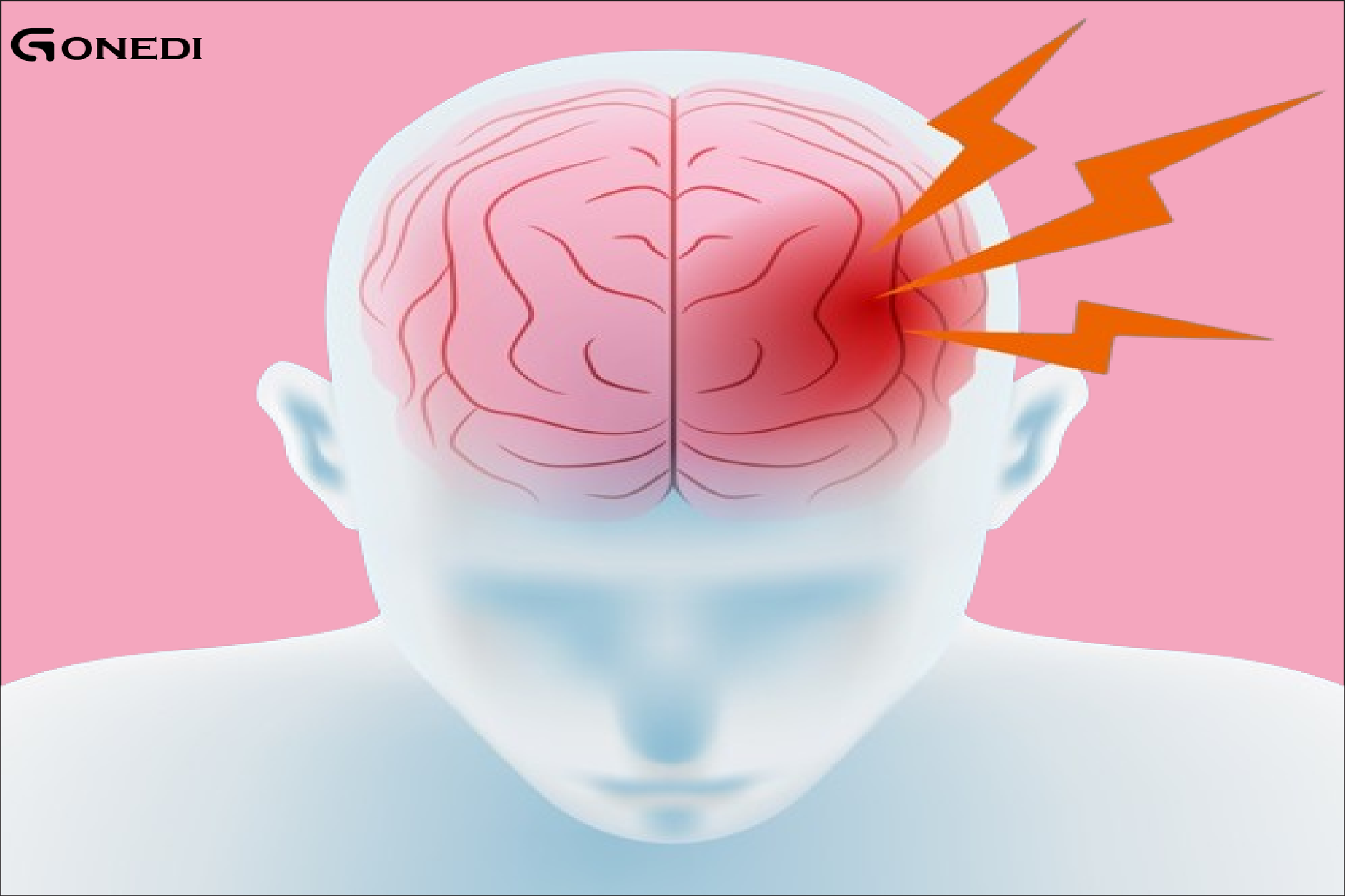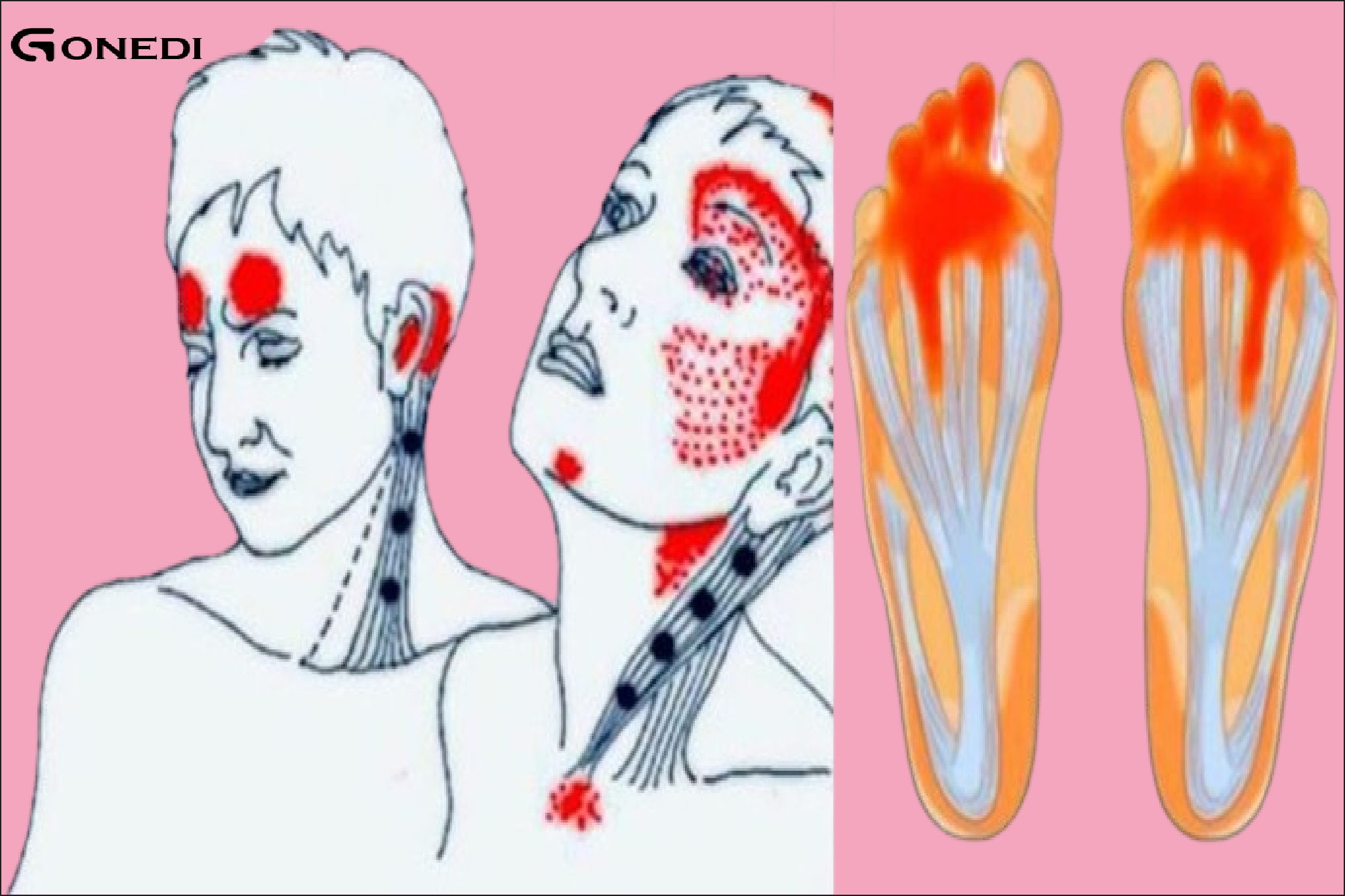Understanding Water Retention: 6 Effective Reasons and Reversal Strategies
Water retention, also known as edema, occurs when excess fluid builds up in body tissues. This condition can lead to swelling, discomfort, and bloating. Although water retention is often harmless, it can also be an indication of underlying health issues. In this article, we will delve into the six common causes of water retention and offer practical strategies to effectively reverse it, and promote a healthier, more comfortable lifestyle.
Eating large amounts of sodium
Excessive sodium consumption can upset the fluid balance in the body, leading to water retention. We’ll explore how sodium affects fluid regulation and provide guidance on reducing salt intake.
hormonal changes
Hormonal fluctuations, especially during menstruation or pregnancy, can cause fluid retention. We will delve into the hormonal mechanisms at play and suggest ways to manage these fluctuations.
sedentary lifestyle
Lack of physical activity can hamper the body’s ability to circulate fluids effectively, leading to water retention. We’ll discuss how exercise can help improve fluid balance and provide simple exercise ideas.
Drought
Ironically, inadequate water intake can cause the body to retain fluid as a protective mechanism. We will explain how staying hydrated is essential to preventing water retention and suggest strategies to ensure proper hydration.
some medicine
Certain medications, including some blood pressure medications and anti-inflammatory medications, can cause water retention as a side effect. We will identify common medications associated with edema and offer strategies to mitigate their effects.
Underlying medical conditions
Conditions such as kidney disease, heart failure, and thyroid problems can cause water retention. We’ll explore how these conditions affect fluid balance and discuss the importance of seeking medical evaluation and treatment.
Effective reflection strategies:
Reduce sodium intake
Cutting back on foods high in sodium can help relieve water retention. We will provide tips for reading food labels and making healthy food choices.
Stay active
Regular physical activity can improve blood circulation and help the body get rid of excess fluid. We will propose exercises that are particularly effective in combating water retention.
balance hormones
Managing hormonal fluctuations through lifestyle changes and consulting a healthcare professional can help reduce water retention. We will give practical tips for hormonal balance.
hydrate adequately
Ensuring proper hydration can prevent the body from holding on to excess fluids. We’ll give you strategies to help you drink enough water throughout the day.
Consult your healthcare provider
If water retention persists or is accompanied by other symptoms, it is essential to consult a healthcare professional. We will stress the importance of seeking medical advice to address the underlying causes.
Restoration of comfort and wellness
Water retention can disrupt your daily life and may indicate underlying health problems. By understanding common causes and implementing effective reversal strategies, you can restore comfort and enhance your overall wellness. Whether through dietary modifications, regular exercise, or seeking medical guidance, taking proactive steps to address water retention can lead to a healthier, more balanced lifestyle. Remember that the fluid balance in your body plays an important role in your vitality and well-being.


